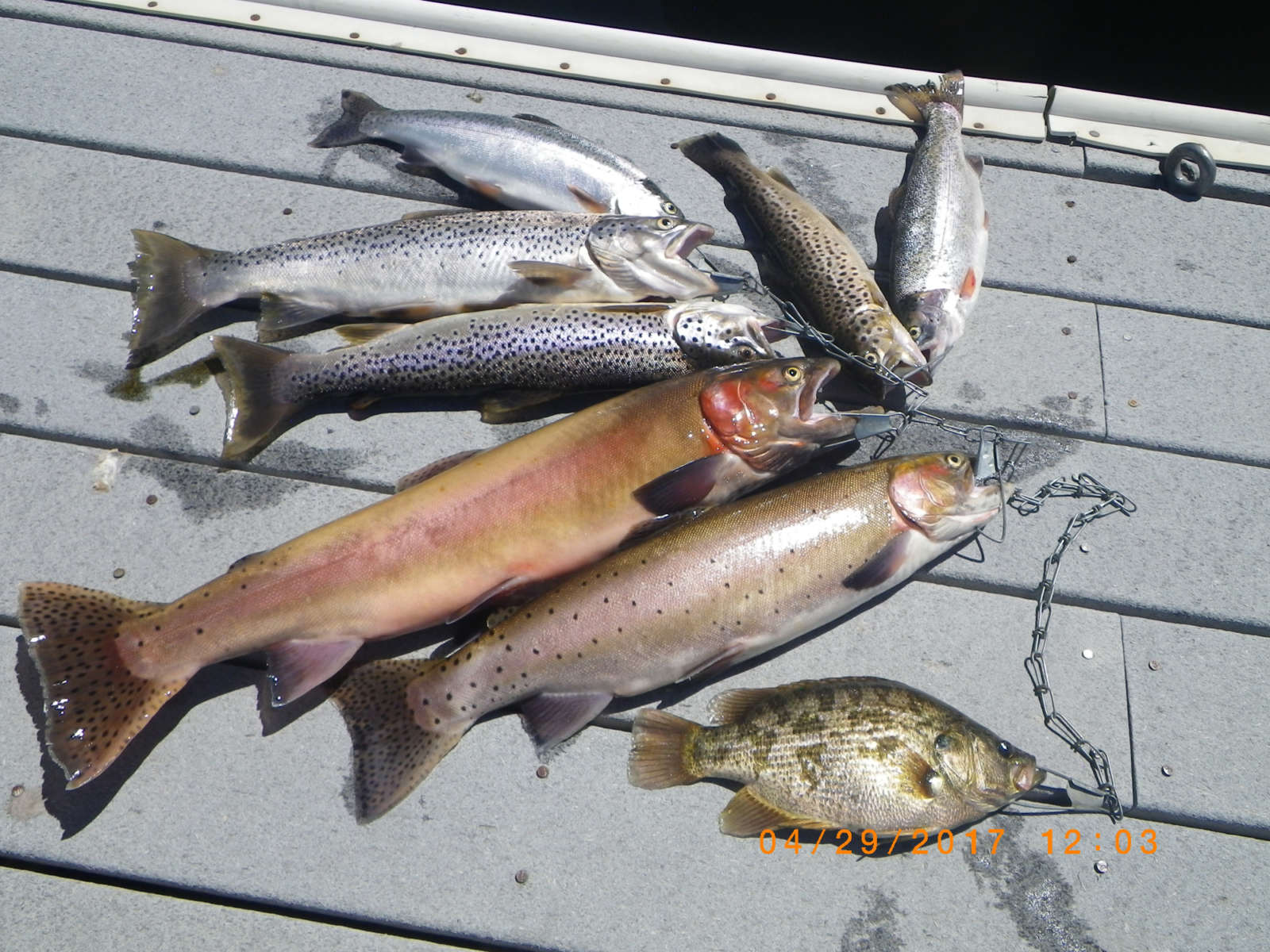The California Fish and Game Commission Wednesday agreed to allowing state fisheries managers to temporarily close recreational fishing in areas where local officials request such action to avoid the spread of COVID-19.
The commission during its remote meeting revised its agenda and took up the ability for the California Department of Fish and Wildlife to “temporarily delay, suspend or restrict recreational fishing if the director of CDFW, in consultation with the president of the Commission, finds that such action is necessary to protect against the threat from COVID-19 based on state, federal, local, and tribal public health guidance and public safety needs.”
The Commission voted unanimously to grant that ability, temporarily, in order to prevent and mitigate public health risks that may arise when people travel or congregate for fishing events.
The action is designed to be responsive to local county level and tribal needs, like the requests CDFW and the Commission received from Alpine, Inyo and Mono counties to delay the April 25 Eastern Sierra trout opener. The temporary authority expires May 31, 2020.
“I understand Californians desperately need the outdoors for solace, reinvigoration and spirituality, especially so right now,” said CDFW Director Charlton H. Bonham. “The proposal was never about a statewide permanent closure. It is about being responsive to local needs in this public health emergency, where we must do all we can as Californians to help each other make it through this together. We intend to use this authority surgically and based on local needs and knowledge.”
“Governor Newsom recently said we expect a mid-May peak of COVID-19 and we must prepare for that surge,” said Commission President Eric Sklar. “Today’s decision is a smart and responsible approach to be ready. It does not delay or restrict specific fisheries or waters, but rather prepares us to expeditiously do so if needed to mitigate the spread of COVID-19.”
CDFW says it will now reach out to county and tribal governments in an effort to evaluate local concerns and associated health risks.
The online public meeting was rescheduled from an April 9 teleconference that was canceled when it became overwhelmed by hundreds of callers, some of whom, according to an Associated Press report, branded officials as “fascists” and shouted obscenities. Rumors had circulated on social media that the commission was considering shutting down all freshwater fishing in California.
The background materials for the failed Tuesday meeting noted that “many sport (also known as recreational) fisheries are defined by calendar dates, typically with an “opener” and a “closing” date. When a season opens, people regularly travel to fish, and congregate in parking lots, near waterways, on trails and access paths, on boat ramps, and in other areas, taking advantage of the newly opened fishing season.
“Travel and potential concentration of fishers at “choke points” where it may not be possible to maintain six feet of separation (e.g., launch ramps, parking lots, etc.) have the potential to increase the spread of COVID-19. In addition, when traveling for a fishing trip, a fisher has the potential to travel to remote, small towns, often stopping at gas stations or convenience marts, tackle shops, fast food and other restaurants, marinas or boat launches, and/or hotels/motels. The travel can lead to inadvertent transmission of the virus to the local business attendants or employees, even if the fisher is asymptomatic.
“Given the risks associated with some public behavior and guidance to avoid unnecessary travel and maintain physical distancing, a patchwork of locally-based decisions are limiting access, such as closures of launch ramp facilities and charter boat operations, and restrictions to harbor and marina access. Reducing the potential for transmission in certain areas by limiting access can inadvertently lead to aggregations of fishers in surrounding, unrestricted areas, leading to higher probability for increased rates of COVID-19 transmission, or increased competition for the remaining opportunities. Navigating a patchwork of limitations from multiple sources and jurisdictions may lead to confusion in the regulated public.”
A staff summary said the department and commission “have determined that a temporary, adaptive approach is needed to give DFW the ability to delay, suspend or restrict sport fishing in certain or all inland and marine waters or restrict the taking of any fish species.
“The proposed emergency regulation will delegate authority to DFW to temporarily suspend, delay, or restrict sport fishing in specific areas within the state when necessary to protect public health from the threat posed due to by COVID-19. The decisions under this emergency regulation will be based on the most current information available, considering public health and safety guidance from federal, state, tribal, and local officials, and in consultation with the president of FGC.”

